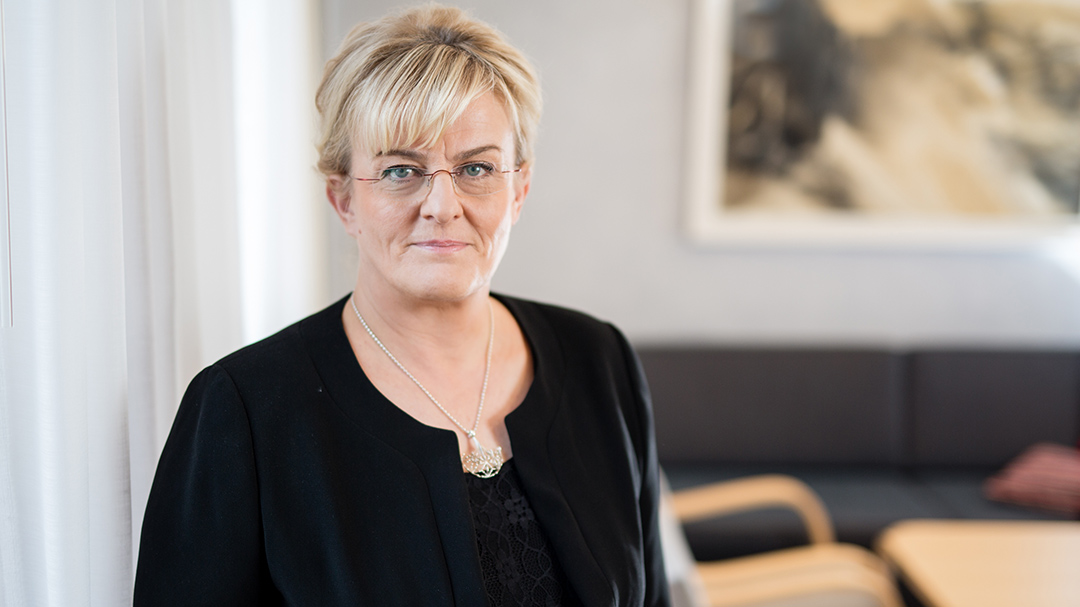Pirkko Mattila, Minister of Social Affairs and Health: Implementation of the basic income experiment shows courage

Basic income experiment was an exceptional social experiment in Finland and globally, said Pirkko Mattila, Minister of Social Affairs and Health.
What makes the experiment unique is that participation was not voluntary. A total of 2,000 people were randomly selected for the experiment, which was implemented in 2017-2018. For a period of two years, the participants received a monthly basic income of 560 euros. The participants received this sum automatically every month, regardless of whether they had some other income or not, without any needs assessment, and with no conditions attached. Furthermore, they were not required to pay tax on basic income.
“A typical employment relationships are becoming increasingly common, and our social security system does not fully cater to the needs of modern working life. The basic income experiment allowed us to explore more flexible ways of accepting employment, and to find out how financial incentives affect the acceptance of job offers,” said Minister of Social Affairs and Health Pirkko Mattila in her speech at a seminar on the preliminary results of the basic income experiment held on 8 February.
The objective of the basic income experiment was to identify ways of simplifying the social security system, eliminating excessive bureaucracy and removing incentive traps.
The basic income experiment seems to have had positive effects on the perceived wellbeing of the participants. When the participants and a reference group were asked to assess their health, the participants were more positive in their assessment. They also felt that the social security system involved less bureaucracy than the reference group did. Based on the results of the first year of the experiment, the impact on employment appears modest.
“The basic income experiment produces unique data on the various factors affecting human behaviour, employment and wellbeing. Even though the basic income model developed for the experiment is not likely to be adopted as such for more extensive use, I think the experiment was very successful. We can use the data from the experiment to redesign our social security system; that is going to be the next major reform,” Minister Mattila said.
“The basic income experiment has attracted much interest around the world, and it has had a positive impact on the Finland brand. We are perceived as a country that has the ability to look at things from a new perspective and to gather additional information,” Minister Mattila concludes. The international media attention around the experiment has been unprecedented in the Finnish scale.
Inquiries
Kari Synberg, Special Adviser to the Minister of Social Affairs and Health Pirkko Mattila, tel. +358 295 163 106, [email protected]
Essi Rentola, Director, tel. +358 295 163155